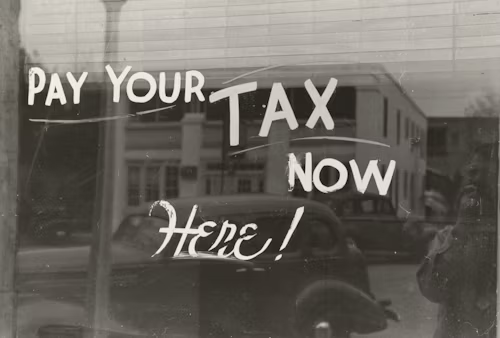
Starting in 2025, winners of reality TV shows like Big Brother Naija and lottery participants in Nigeria will face a new 5% tax on their winnings. Wale Edun, the Minister of Finance and Coordinating Minister of the Economy, introduced this regulation in a gazette on October 2, 2024. Nigerian residents will be taxed 5%, while non-residents will pay 15% on their lottery, gaming, and reality show earnings.
The regulation simplifies withholding tax under laws like the Capital Gains Tax Act and Personal Income Tax Act. It aims to promote tax compliance and reduce evasion. Although a similar rule was announced in July 2024, taxing reality show and lottery winners will now begin on January 1, 2025.
Notably, reality shows like Big Brother Naija won’t deduct taxes from the prize money at source. Instead, winners must pay personal income tax after receiving their earnings.
This change coincides with a new tax bill that requires individuals in banking, stockbroking, and insurance to provide a Tax Identification Number (TIN) when opening or managing bank accounts. High-net-worth individuals earning over ₦100 million monthly will now pay a 25% personal income tax rate.
Small businesses with transactions below ₦2 million, however, are exempt from withholding tax. This is part of the government’s efforts to lighten the tax burden on lower-income earners and businesses.
Contrasting With other Countries
Globally, Nigeria’s 5% tax on winnings is lower than in many other countries. For example, the U.S. deducts a 24% withholding tax, while Kenya imposes a 20% tax on lottery and betting wins. In contrast, countries like the UK, France, and Germany do not tax lottery winnings, allowing winners to receive the full amount.
With Nigeria facing economic challenges, these new tax rules are likely to spark public debate.
Read More: VAT Payment in Nigeria Set to Increase by 10% in 2025


